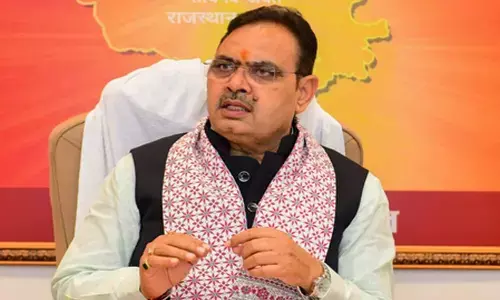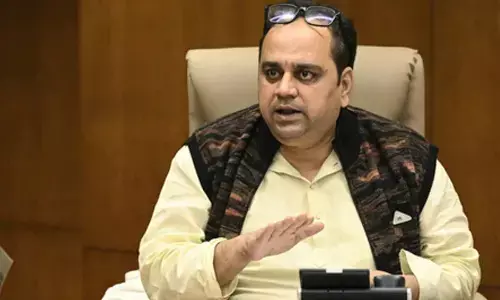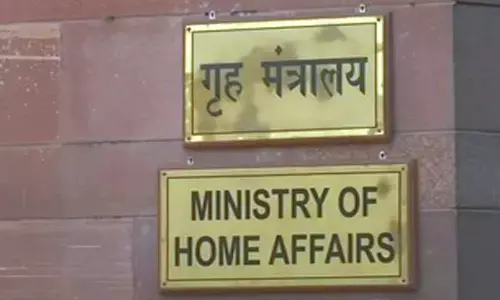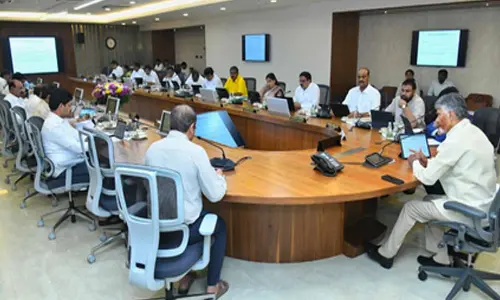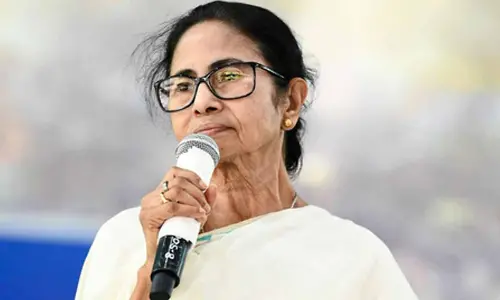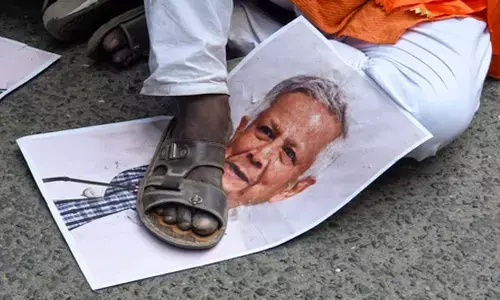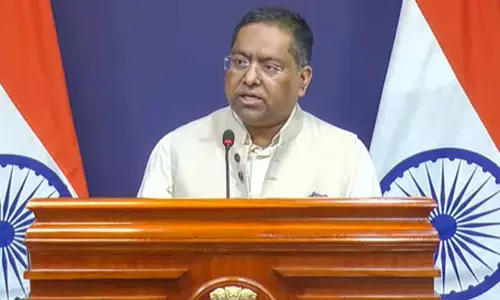Four types of dating couples identified

Dramatic daters - who make decisions based on negative events in the relationship - are twice as likely to break up as other couples, say scientists who have identified four different types of dating couples.
Dramatic daters - who make decisions based on negative events in the relationship - are twice as likely to break up as other couples, say scientists who have identified four different types of dating couples.
A new study that sheds light on which couples move towards or away from marriage over time found that partner-focused couples rate highest in terms of increasing commitment and satisfaction.
"The four types of dating couples that we found included the dramatic couple, the conflict-ridden couple, the socially involved couple, and the partner-focused couple," said Brian
Ogolsky, assistant professor at University of Illinois. The researchers developed these categories after studying graphs created by 376 dating couples in their mid-twenties. Over a nine-month period, participants tracked how committed they were to marrying their partner and why. Ogolsky asked participants to explain their reasoning when their commitment level had gone up or down. Dramatic daters are twice as likely to break up as other couples, he said.
"They tend to make decisions based on negative events that are occurring in the relationship or on discouraging things that they're thinking about the relationship, and those things are likely to chip away at their commitment," he said.
Dramatic couples also attribute changes in their commitment to time spent with their own friends or by doing things separately rather than as a couple.
Partner-focused couples have the highest chance of staying together and being happy over time, Ogolsky said.
"These partners are very involved with each other and dependent on each other, and they use what's happening in their relationship to advance their commitment to deeper levels," said Ogolsky.
"People in these couples had the highest levels of conscientiousness, which suggests that they are very careful and thoughtful about the way they approach their relationship choices," Ogolsky said.
Partner-focused couples may share a social network, but they don't use those connections to propel their commitment forward, he said.
Conflict-ridden couples may experience decreases in their commitment when they have an argument. Their commitment level may fall, but it doesn't mean they'll break up, he said.
"These couples operate in a tension between conflict that pushes them apart and passionate attraction that pulls them back together. This kind of love may not be sustainable in the long term," Ogolsky said.
Socially involved couples, like partner-focused couples, report high levels of satisfaction and stability in their relationships. These couples share a social network and rely on that network to make decisions about their commitment
decisions, Ogolsky said.
"Having mutual friends makes people in these couples feel closer and more committed," he said.
"The important message is that there are certain ways of making commitment-related decisions that propel you forward, and others push you backward," Ogolsky added.
The study was published in the Journal of Marriage and Family.
Woman injured in stabbing attack in Tokyo, suspect at large
Bengal cop booked for murder over mysterious death of woman home guard, SIT to probe case
Staffer recalls horror of 7-kg gold robbery by armed gang in Karnataka’s Hunsur
25-Year-Old Airline Cabin Crew Member Dies At Gurugram Party; Police Begin Investigation








